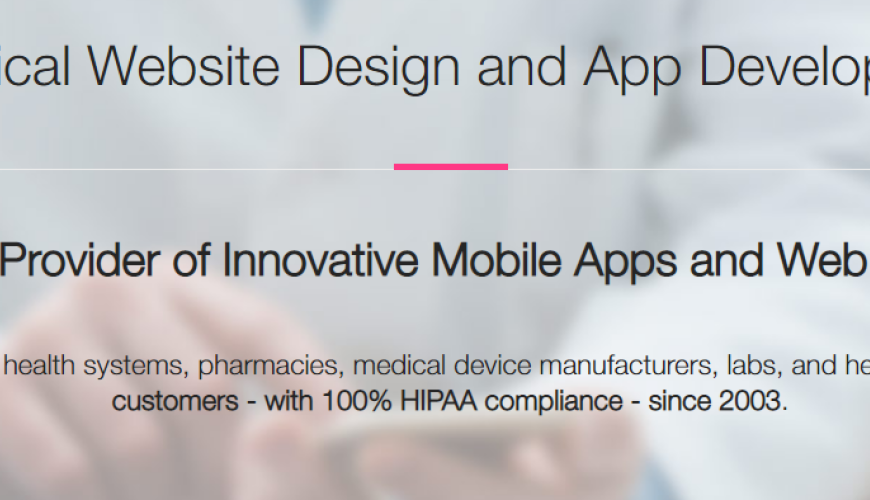How to prepare for the first visit to an aesthetic medicine office?
Jan 6, 2018 - Aesthetic Medicine
April 19, 2024 5:06pm

The Health Insurance Portability and Accountability Act (HIPAA) was created to protect the privacy and security of a patient’s health data. It is crucial to consider HIPAA compliance when building a healthcare app. Throughout all the stages of app development, one must adequately comply with HIPAA regulations.
HIPAA law is often re-interpreted because technology, security best practices, and healthcare are constantly changing. This means that to keep up with HIPAA, your app must also evolve along the way.
We feel it’s important to mention that ADA and GDPR are other compliance considerations that should be taken into account, yet we won’t be diving into these in this article.
When developing a HIPPA-compliant healthcare app, Protected Health Information (PHI) should be a foremost consideration. The 18 PHI identifiers* all work with identifiable information. Healthcare apps need to manage this data with care and security. For example, it’s crucial that a healthcare app doesn’t let users store PHI on their mobile phones. The reason being that if an app ever accidentally sends information to the wrong patient, the data could be retrieved when saved in the user’s phone. Data should always be extracted from the source EMR or PM system for the user in real-time and not stored on the device, so the owner of the data source remains in control. Furthermore, it’s unlikely for a patient to have their mobile phone configured in a HIPAA-compliant way, which means that patients run a security risk when they’re able to save PHI to the device.
Healthcare apps use notifications to inform patients about sensitive and private information. Whether it’s an email, push notification, or SMS, the communication you send your patient, must comply with strict guidelines. For example, the notification should never reveal any information about the patient or healthcare organization. If you fail to comply with this rule, it could lead to a serious breach of the patient’s privacy. Anyone can potentially read a notification received on a patient’s phone, which is why communications should be void of sensitive information. An example of an appropriate notification is, “You have a private message.” In contrast, the notification should never say something like, “Hi John, your dermatologist appointment with Dr. Smith is tomorrow.”
HIPAA must be thoroughly considered when deciding on a platform to host your healthcare app. The cloud service hosting your secure patient information should always be HIPAA-compliant. Medical Web Experts, a leading medical web design company, uses Amazon’s HIPAA-compliant cloud as the basis of their HIPAA-compliant cloud hosting service - the MWE Cloud.
For further information on the development of a healthcare app by experts with an understanding of HIPAA compliance, you can contact Medical Web Experts today.
*18 PHI Identifiers
1. Names
2. All geographical subdivisions smaller than a State, including street address, city, county, precinct, zip code, and their equivalent geocodes.
3. All elements of dates (except year) for dates directly related to an individual, including birth date, admission date, discharge date, date of death, and more.
4. Phone numbers
5. Fax numbers
6. Electronic mail addresses
7. Social Security numbers
8. Medical record numbers
9. Health plan beneficiary numbers
10. Account numbers
11. Certificate/license numbers
12. Vehicle identifiers and serial numbers, including license plate numbers
13. Device identifiers and serial numbers
14. Web Universal Resource Locators (URLs)
15. Internet Protocol (IP) address numbers
16. Biometric identifiers, including finger and voiceprints
17. Full face photographic images and any comparable images
18. Any other unique identifying number, characteristic, or code (note this does not mean the unique code assigned by the investigator to code the data)
© Copyright accupc.com | All Rights Reserved.
Komentarze (0)